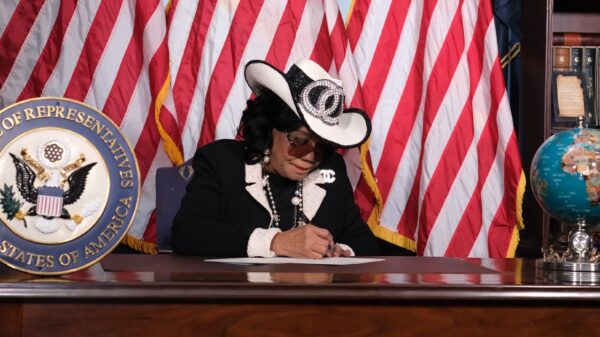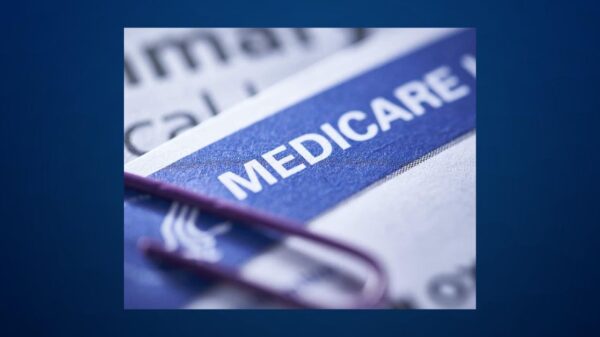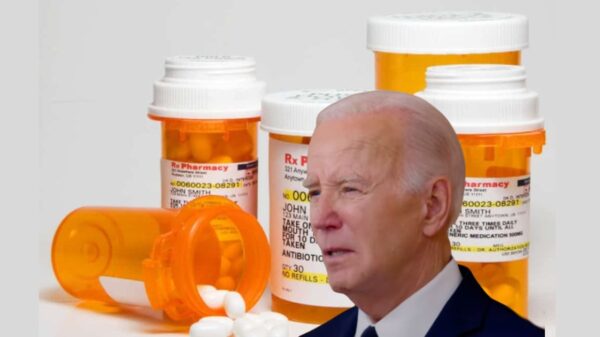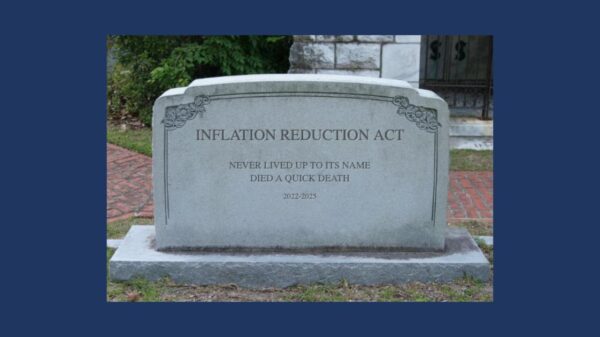Dear Mr. President,
As chair of the Higher Education and Workforce Investment Subcommittee, I write to express my sincerest gratitude for your leadership on the overarching student crisis, especially in light of the White House’s initiative to eradicate the student loan debt for attendees of the Corinthian Colleges. However, I do not believe the White House’s efforts should end there. As a former school principal and educator at Miami-Dade Public County Schools, I share a deep interest in education, as do you and First Lady Dr. Biden. We understand the importance of education for all, especially for the underserved communities we proudly represent.
Thirty years ago, there was a consensus that reaching high school graduation was sufficient and pursuing further studies beyond that was optional. A multitude of students immediately joined the workforce upon completing their high school graduation and found a job. But as parents, grandparents, and educators, we encouraged our students to work hard and to pursue higher education. We promised them that if they continued their academic engagement, they would receive the coveted college degree and achieve unbounded success. They followed our guidance, but now they need help.
The state of Florida is leading research programs in departments like cancer research at the University of Florida, marine biology at Florida International University, and bacterial research at Florida Agricultural & Mechanical University. Despite the state’s outstanding production in higher education, the cost of attendance for college in Florida, and in other states, is significantly increasing, making higher education inaccessible and unaffordable. The Florida Department of Health reports that across the state, the median household income is $57,403; meanwhile, the average cost of tuition and fees ranges from $10,338 to $38,185 per year. In extreme cases, the cost of attendance compared to the median household income nearly consumes fifty percent of that income.
Aware that today more than half of students leave school with debt, on April 4, 2022, I introduced H.R. 7530 – Student Loan Borrower Relief Act alongside twenty-one fellow House Democrats. This legislation aims to update the Income-Driven Repayment Plans and the Public Service Loan Forgiveness Program, as defined in Sections 455 and 493 of the Higher Education Act, which includes provisions to cancel percentages of the obligation to repay each year. To amplify these efforts, I respectfully urge that you provide relief to our constituents by canceling all student loan debt.
According to Federal Student Aid, close to 43.4 million Americans have student loan debt with close to nine million borrowers defaulting on their loans. Furthermore, minority borrowers are vulnerable to the negative implications associated with student loan debt. Specifically, Black students are more at risk of going in debt from student loans due to financial adversities and structural barriers. The average Black student borrower owes 95 percent of their debt twenty years after starting college, as opposed to the average white student owes roughly 6 percent of their debt at this time. Similarly, Hispanic students are twice more likely to default on their student loans in comparison to the average white student.
I urge that the student debt crisis end with the Biden Administration – that we cancel all student loans, make higher education accessible and affordable, and hold institutions accountable for ensuring students’ jobs after college.
Our nation has latched itself to the promise of the American Dream and upward mobility, however, with the costs of living skyrocketing, the right to attend college is in jeopardy. As defenders of democracy, it is our responsibility that Americans get to fulfill their version of the American Dream and do so without being penalized by their government.























